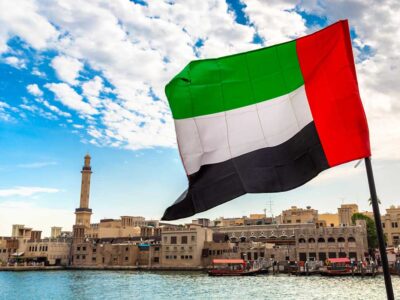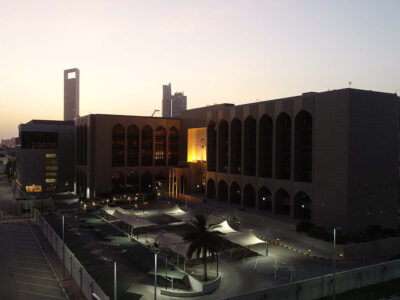Abu Dhabi is stepping up its efforts to sustain marine water quality, with Environment Agency – Abu Dhabi (EAD) issuing a policy that will help formulate relevant legislative and regulatory frameworks to safeguard the capital’s coasts and water off it.
The policy reviews the current situation and main challenges related to marine water quality in Abu Dhabi and is part of EAD’s efforts to maintain the quality of waters, and limit practices that can cause marine pollution.
It will help the authorities halt discharges that may adversely impact the marine environment and help foster recycling and reuse programs.
Abu Dhabi’s marine environmental protection
A key element of the policy will also be to develop a programme that enhances preparedness in cases of emergency that affect water quality and will help the agency spread knowledge and awareness about the adverse impacts of pollutants.
EAD believes the policy is a solution and its implementation will improve the performance of environmental indicators, ensure the sustainability of fishing activities as part of the Abu Dhabi’s social heritage, and promote recreational, tourism and marine sports activities.
Shaikha Salem Al Dhaheri, Secretary General of EAD, commented: “The sustainability of coastal and marine resources plays an important role in their preservation across generations, which enhances the social, economic and environmental value of coastal and marine areas. These include tourism, transport, oil and gas exploration and commercial uses, in addition to the contributions of other sectors such as heritage, marine environments and protected areas.

“These natural resources could be exposed to threats in case there is a deterioration in marine water quality which may also cause habitat loss and reduction in attractive and endangered species, biodiversity and environmental services.
“For the proper governance and coordination between concerned authorities, the policy will be implemented in the emirate under our supervision through consultation, coordination and cooperation with strategic partners at the local and federal levels. We will also analyse the impacts of the policy’s implementation based on systematic procedures that will help us attain our goals.”
Throughout the development process of the policy document, EAD worked in close coordination and consultation with stakeholders and strategic partners, through workshops, bilateral meetings, and knowledge-sharing.








